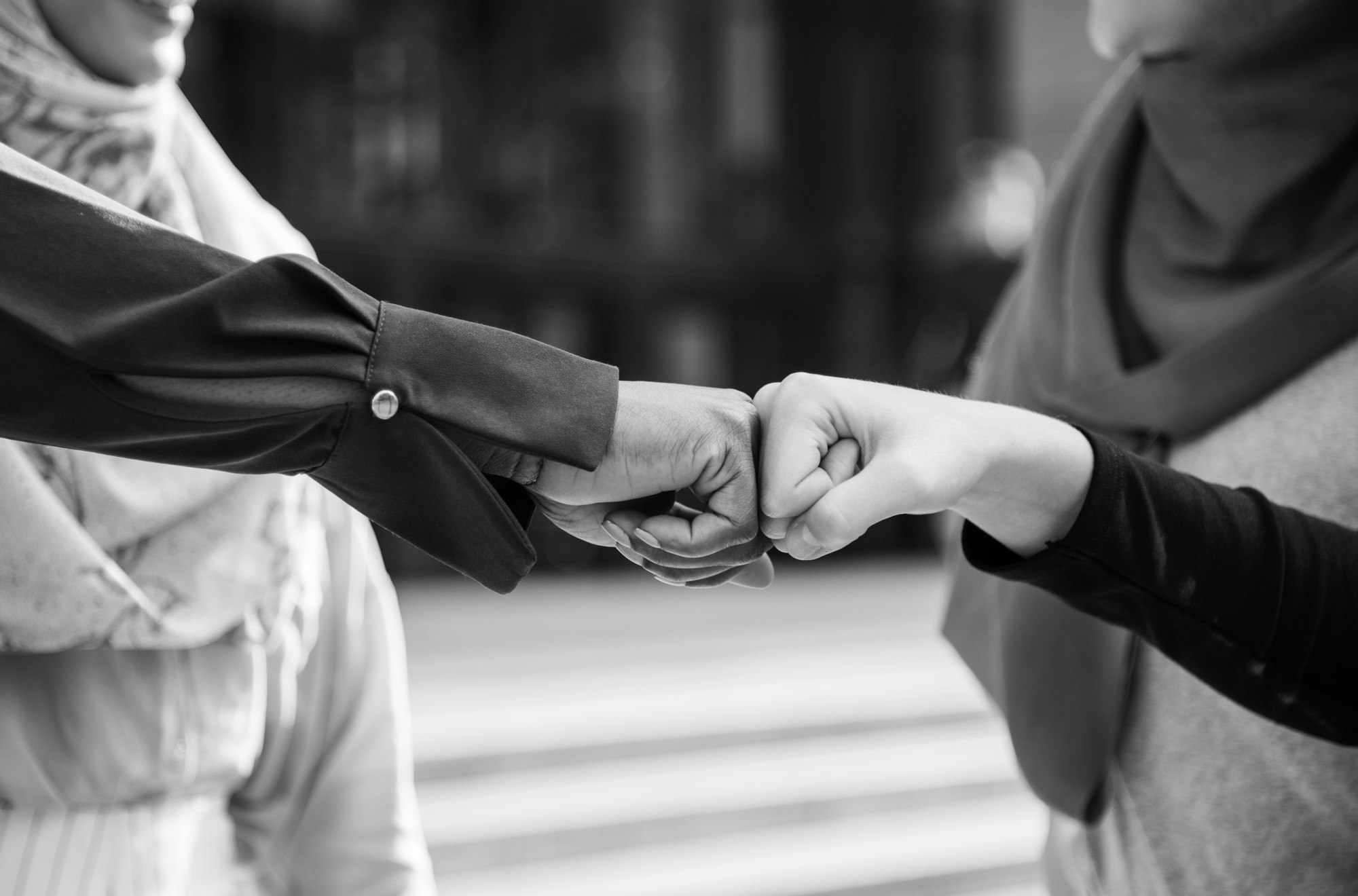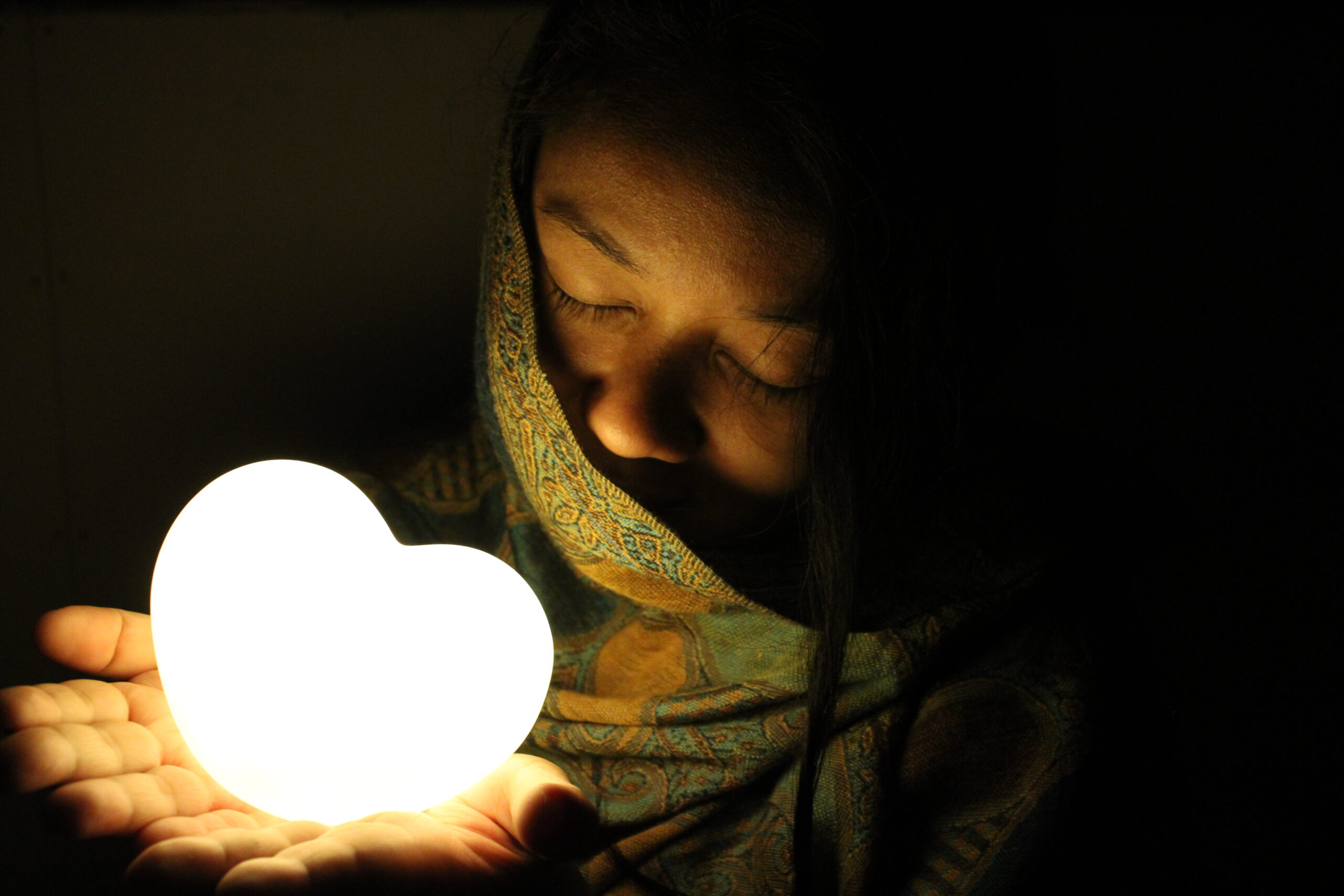

“ Whoever purifies themselves, they only do so for their own good. And to Allah is the final return.”
(Qur’an 35:18)
Now, let’s unwrap the HOW.
Self-improvement in Islam is a duty, a holistic process involving the heart, mind, and body. It aims to improve one’s relationship with Allah, refine character, and contribute positively to society. Muslims can achieve both worldly success and eternal happiness by following this practical guide based on spiritual growth, ethical conduct, and a balanced life:
Phase-1: Introspection
. Having frequent private moments when you perform the prayer, read the Quran, and make supplications fosters spiritual growth and inner peace. These practices remind Muslims of their purpose and guide their self-improvement journey.
. Self-accountability is crucial for evaluating one’s actions and pinpointing areas for improvement.
“We will show them Our signs in the universe and within themselves until it becomes clear to them that this ˹Quran˺ is the truth. Is it not enough that your Lord is a Witness over all things?”
Quran 41:53

Phase-2: Emotional Intelligence
Patience
“Indeed, Allah is with the patient.”
(Quran 2:153)
Tazkiyah (Purification of the Soul)
“And by the soul and ˹the One˺ Who fashioned it, then with ˹the knowledge of˺ right and wrong inspired it!, He has succeeded who purifies it (the soul).”
(Quran 91:7-9)
Gratitude
“If you are grateful, I will surely increase you [in favor]”
(Quran 14:7)
Ihsan (Excellence in Conduct)
The Prophet Mohamed (PBUH) said:
“Ihsan is to worship Allah as if you see Him, and if you cannot, then be aware that He sees you.” (Sahih Bukhari)
Repentance
“And whoever does a wrong or wrongs himself but then seeks forgiveness of Allah will find Allah Forgiving and Merciful.”
(Quran 4:110)
Phase-3: Continuous Engagement
Seeking Knowledge
“ The virtue of the scholar over the worshiper is like my virtue over the least of you. Verily, Allah, his angels, the inhabitants of the heavens and earth, even the ant in his hole and the fish, send blessings upon the one who teaches people what is good.” (Sunan al-Tirmidhī)
Seeking good company
The Prophet Muhammad (peace be upon him) used analogies for Good Companions, describing them as perfume sellers as they bring joy and positivity into your life. They may share their blessings or leave you with a pleasant scent. And Bad Companions to a blacksmith, if he doesn’t injure your body, he will damage your clothes.
So, if bad company doesn’t alter your character, it will at least harm your social appearance.
Balance between seeking worldly life and the Hereafter
“But seek, through that which Allah has given you, the home of the Hereafter; and [yet], do not forget your share of the world.”
(Quran 28:77)
Service to Others
The Prophet Muhammad (PBUH) said:
“The best of people are those that bring the most benefit to the rest of mankind.” (Tabarani)

Phase-4: Goal Setting
Stronger Spiritual Connection: Continuous self-improvement fosters a deeper relationship with Allah and enhances one’s spiritual journey.
Positive Influence on Others: As individuals improve themselves, they naturally have a positive influence on those around them, contributing to societal betterment.
Don’t Be Hard On Yourself, Be Hard On Your Sins And Bad Habits
Just keep in mind that success is guaranteed with a pure heart, good intentions, and positive actions.
The Messenger of God, may God bless him and grant him peace,
said:
“By the One in Whose Hand is my soul, if you did not sin, God would replace you with a people who would sin and seek forgiveness from God Almighty, and He would forgive them”
“He said, “O my people! Consider if I stand on a clear proof from my Lord and He has blessed me with a good provision from Him. I do not want to do what I am forbidding you from. I only intend reform to the best of my ability. My success comes only through Allah. In Him I trust and to Him I turn.”
Quran 11:88






